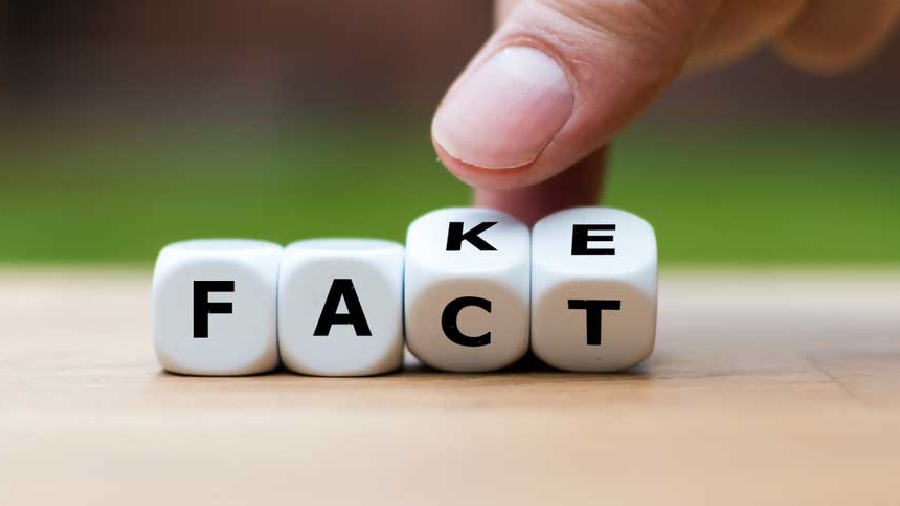India’s free press is no stranger to attacks. Yet the recent proposal — it has now been ‘deferred’ — by the Narendra Modi government to introduce rules that would force platforms to remove news reports declared ‘fake’ by the Press Information Bureau sets a new benchmark for brazenness in attempting to crush criticism. The PIB is an arm of the Central government that serves both as its mouthpiece and as an accreditor of news organisations and journalists. It represents the government’s interests. The PIB does have a fact-checking division. But it mostly functions to offer rejoinders and denials to articles that challenge the government’s position rather than actually calling out demonstrably false reports, WhatsApp forwards, and misleading claims. It has, on occasion, itself been found to be peddling misleading or inaccurate information. It would be rather naive to expect such an institution to deliver an objective assessment of the veracity of news reports that are critical of its masters. That the PIB would then have the authority of a digital bulldozer to pull down coverage it deems to be fake makes this attempt a particularly dangerous move towards censorship disguised as fact-checking.
After multiple media bodies criticised this proposal, the minister of state for electronics and information technology, Rajeev Chandrasekhar, said that the government would hold consultations with the industry before introducing the new rule. The implementation has been put on hold — for now. The only thing that needs to be made clear to the government is that such an attempt is unacceptable in any guise or form. Fake news is a genuine problem in the modern world. Yet far too often — in India and in other countries — governments themselves are responsible for pushing false, inaccurate or misleading information that serves its interests. A robust, independent and proud media is the best safeguard against the most dangerous forms of fake news and propaganda. In recent years, intensified attacks by those in power and major economic challenges have weakened its voice. It needs to be emboldened, not strangulated further. The Narendra Modi government clearly views the media’s role as that of a pet rather than a watchdog. India’s press and democracy must tell Mr Modi that he is wrong.











